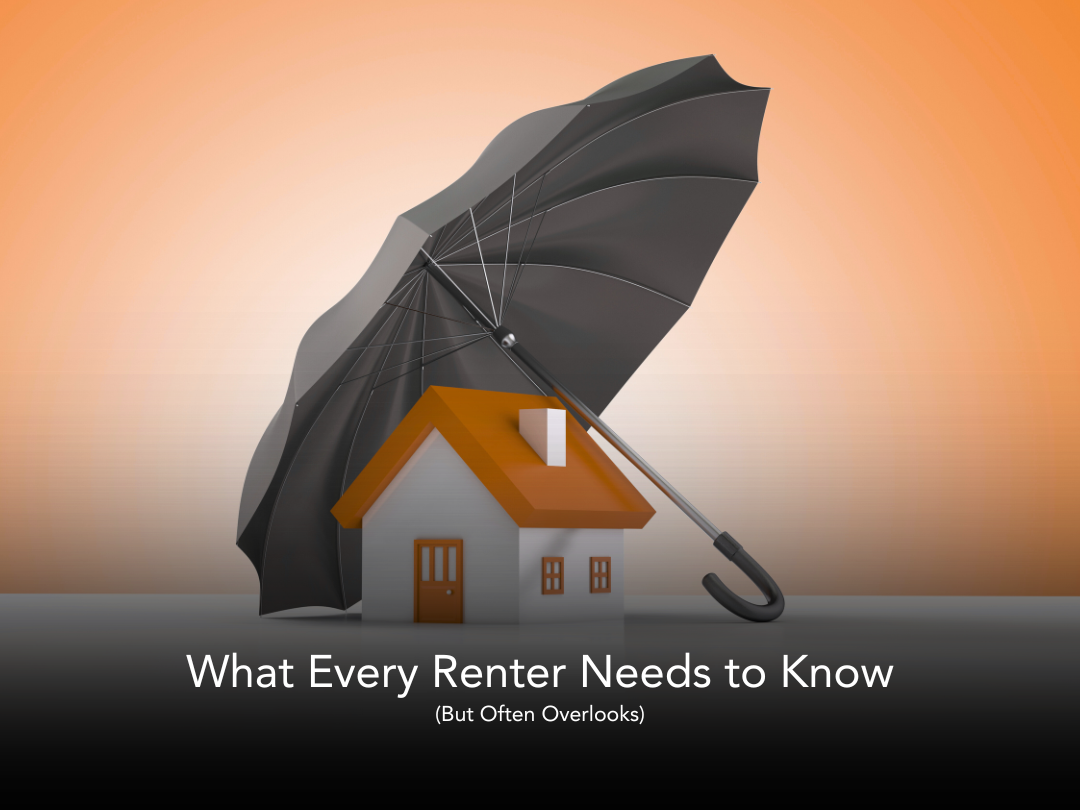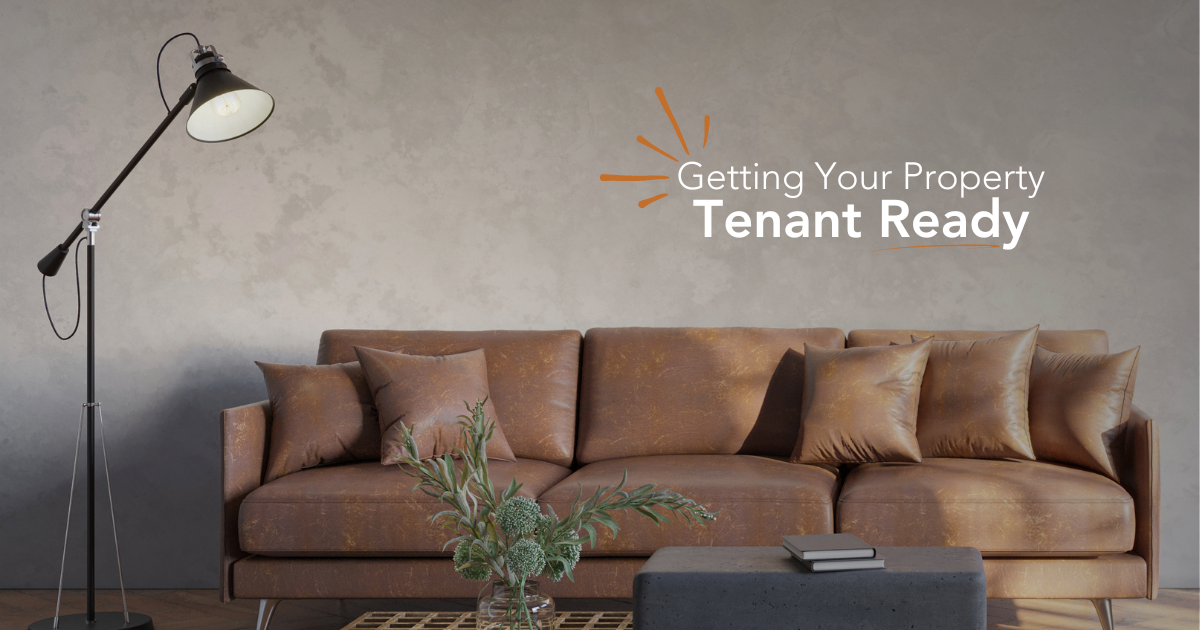As the rental market continues to evolve in Boise, property owners are constantly searching for strategies to make their properties more appealing to potential tenants. One such strategy that has garnered attention recently is the concept of pet-friendly rentals. However, like all business decisions, opening up your rental property to pets has its advantages and drawbacks. In this article, we'll explore these pros and cons to help you make an informed decision.
Pros of Pet-Friendly Rentals
Increased Demand
According to the American Pet Products Association, approximately 67% of American households, or about 85 million families, own a pet. These statistics are mirrored in Boise, with a large number of renters being pet owners. By allowing pets in your rental properties, you expand your pool of potential tenants.
Higher Rent
Pet-friendly properties often command higher rental prices than those that do not allow pets. This can be attributed to the limited number of pet-friendly rentals available in the market. Property owners can also charge a pet deposit or additional monthly pet rent to cover potential damages caused by pets.
Longer Tenancy
Pet owners tend to stay longer in a rental property since it can be challenging to find pet-friendly accommodations. Longer tenancies mean fewer tenant turnovers, saving you the cost and hassle of advertising and preparing your property for new renters.
Cons of Pet-Friendly Rentals
Potential for Damage
Pets, especially those untrained or young, can cause significant damage to a property. This could range from chewed furniture and scratched floors to pet stains and lingering odors. Such damages lead to higher maintenance costs.
Allergies and Noise Complaints
Other tenants may have allergies or sensitivities to certain animals, leading to potential conflicts. Moreover, noise from pets, especially dogs, could lead to complaints from neighbors.
Insurance Complications
Some insurance companies may increase premiums or even refuse coverage if you allow certain breeds of dogs known to be aggressive. It's crucial to check with your insurance provider before deciding to allow pets.
Making your rental property pet-friendly is a decision that requires careful consideration. It can be an excellent strategy to enhance your rental income and attract a broader tenant base. However, weighing the potential risks and implementing policies that protect your investment, like a comprehensive pet policy, pet interviews, or requiring renters' insurance for pet owners is essential.
Please consider these pros and cons as a guide, not as an exhaustive list. It's crucial to conduct further research and perhaps consult with a property management expert to understand all the implications of allowing pets in your Boise rental property.
Please note that this is not legal advice, and always consult with a professional or legal advisor when making changes to your rental property policy.
Remember, as a property owner, your primary goal is to create an environment that's beneficial for both you and your tenants. Offering pet-friendly rentals might be the key to achieving this goal in Boise's dynamic rental market.
Creating a Successful Pet Policy
If you've weighed the pros and cons and decided that allowing pets in your Boise rental property is a strategic move, the next step is to create a comprehensive pet policy. Here are some factors to consider:
Type and Size of Pets
Specify the types of pets allowed. You might be comfortable with cats and small dogs but reluctant to accept larger breeds. You may be open to birds or aquarium pets but not to more exotic types like reptiles.
Pet Deposits and Fees
One common practice among landlords is charging a pet deposit, which could be used to cover potential damages caused by pets. Some also charge additional monthly "pet rent." Ensure to set reasonable and competitive rates, abiding by Idaho's state laws on security deposits.
Pet Rules
Your pet policy should outline the expected behavior of pets and the responsibility of pet owners. This could include rules on noise control, waste disposal, and leash requirements in common areas.
Pet Screening
Implement a pet screening process where you meet the pet and ask questions about its behavior, health, and training. A well-behaved pet could pose fewer risks than an unruly one.
Documentation
Require tenants to provide documentation such as proof of current vaccinations, spay/neuter status, and renters' insurance that covers pet liability.
Legal Considerations
Understanding local and federal laws is critical when establishing your pet policy. The Fair Housing Act requires landlords to make reasonable accommodations for tenants with service animals or emotional support animals, even if the property is not typically pet-friendly.
In Idaho, landlords cannot discriminate against tenants with service or assistance animals. It's also worth noting that service and assistance animals are not considered pets; thus, landlords cannot charge pet fees or deposits for them. Always consult a legal expert when crafting your pet policy to ensure compliance with all applicable laws.
In Conclusion
Navigating the world of pet-friendly rentals can be challenging, but with careful planning, it can be a profitable venture for Boise property owners. By understanding the pros and cons, crafting a comprehensive pet policy, and abiding by applicable laws, you can set yourself up for success in the pet-friendly rental market.
Remember, every property and every tenant is different. What works for one might not work for another. As a landlord, your goal is to strike a balance between maintaining your property, abiding by the law, and meeting the demands of potential renters in Boise.
This concludes our guide on pet-friendly rentals for Boise property owners. With this information, you're now better equipped to decide whether to open your doors to the furry friends of Boise or not.
And there you have it! Thank you for taking the time to read, and stay tuned for more helpful tips and insights on navigating the Boise rental property market!












